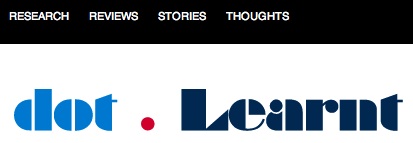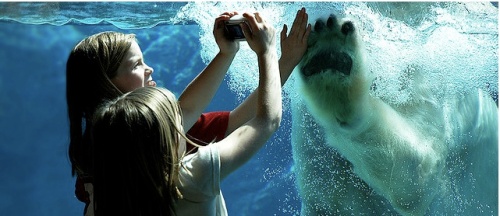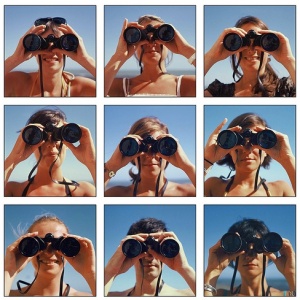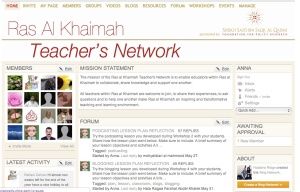Dear Literacy is Priceless Readers,
After a long hiatus, I am excited to announce the launch of a new children’s book series we’ve been working on at Bon Education. I hope you enjoy BB and Sam: The Return of the Champion book one of The Adventures of BB and Sam series. To download the book, visit www.BBandSam.com.
– Anna (Co-Creator, The Adventures of BB and Sam)
Bon Education creates innovative multi-media children’s book series, The Adventures of BB and Sam, using Apple iBooks Author.
Dubai, UAE – May 15, 2012 – Education technology company Bon Education announces the launch of The Adventures of BB and Sam – a new multimedia fiction book series that aims to take children on virtual adventures around the globe via the touch of an iPad. Created with Apple’s iBooks Author, the series is filled with text, illustrations, videos, mood music, photo galleries, quiz features and more.
“When Apple launched iBooks Author as a tool to create engaging multi-touch digital textbooks, we immediately thought to ourselves, ‘This is an amazing tool for creating children’s literature as well!’” said Bon Education CEO Anna Batchelder. “So many kids are choosing to watch TV and play video games over reading these days. By adding a variety of digital enhancements and interactivity to our books, we hope kids will rediscover their love of reading in a digital world.”
“When we started working on the first book of the series, BB and Sam: The Return of the Champion, we originally conceived of the book as an app. The story takes place in Thailand so we spent a great deal of time traveling around the country doing research and collecting videos and photos to supplement the written storyline so that our readers could get a real feel for life in Thailand. iBooks Author enabled us to create the book as a multimedia e-book instead and gave us much more control over the creative process” stated Christopher Batchelder, Bon Education President.
With book one now on the Apple iBookstore, the Bon Education team is eager to see how children and families around the world react. In the prototype phase the team worked with children in the UAE, Egypt, New Zealand and North America to get feedback on the story and visuals.
After reading the book, Omania, a 6th grade student in Egypt, wrote to the team, “BB and Sam: The Return of the Champion is an adventure book that has a lot of twists inside it and that shows how creative the writers are. What I like the most about this book are the different characters and how they change around the book. Not only is it entertaining, but it teaches you a lesson. The moral of the book is how being kind and respectful to people is really important.”
When asked about where book two in the series will take place, the Bon Education team did not want to reveal too many details. But, they said there is a good chance BB and Sam will be heading to the Middle East next winter!
Bon Education is an education technology company based in Dubai, UAE with team members in the United States, Middle East and Asia. The company focuses on developing engaging and culturally relevant educational programs and learning products for families and schools around the world. To learn more about The Adventures of BB and Sam visit www.BBandSam.com. Book one of the series can be downloaded for iPad on the Apple iBookstore. Familes can stay up-to-date on the travels of BB and Sam by following the multimedia e-book series on Facebook.









